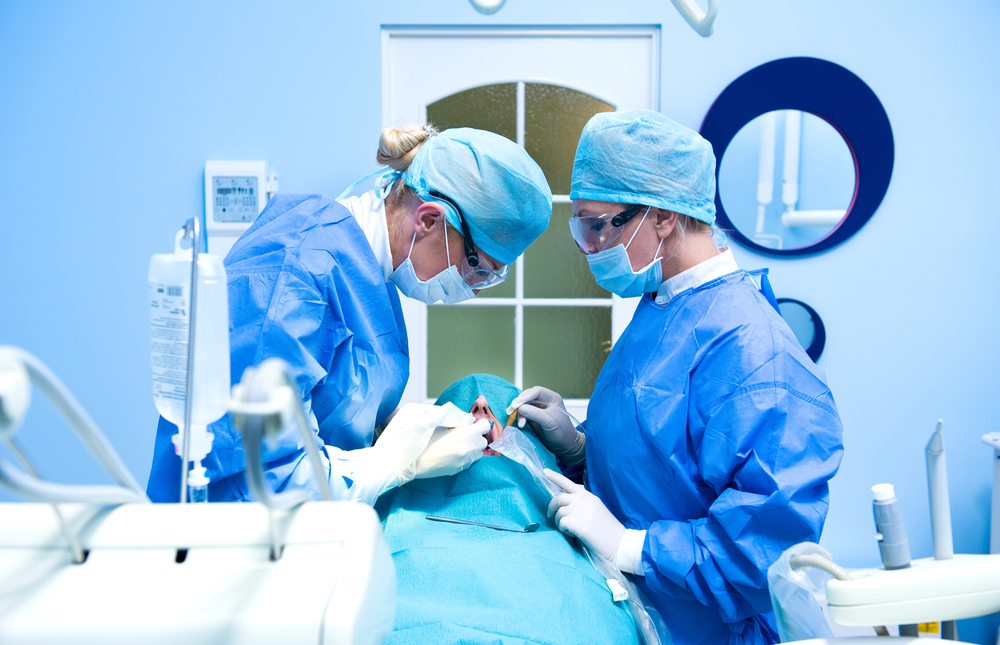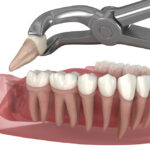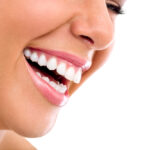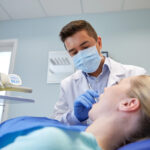Dental emergencies can occur at any time, often when least expected. Knowing how to handle these situations can make a significant difference in outcomes and prevent further complications. This article provides an overview of common dental emergencies and practical dental care tips to manage them effectively. Emergency dentistry is a crucial aspect of overall dental health, and understanding when to seek immediate care can save you pain, time, and expense.
Understanding Dental Emergencies
Dental emergencies encompass a range of issues, from severe toothaches to knocked-out teeth. These situations typically require prompt attention from a dental professional to alleviate pain, prevent infection, and preserve dental health. Here are some of the most common dental emergencies and how to handle them:
1. Severe Toothache
A severe toothache can be debilitating and often indicates an underlying issue such as tooth decay, infection, or an abscess. To manage a toothache:
- Rinse your mouth with warm water to clean it.
- Use dental floss to remove any food particles trapped between teeth.
- Apply a cold compress to the outside of your cheek to reduce swelling and pain.
- Avoid aspirin directly on the gum near the aching tooth, as it can burn the gum tissue.
If the pain persists or is severe, seek emergency dentistry immediately. Persistent tooth pain can signify a serious condition that requires professional intervention.
2. Knocked-Out Tooth
A knocked-out tooth is a critical dental emergency. Quick action can often save the tooth and ensure it can be re-implanted successfully. Here’s what to do:
- Handle the tooth carefully by the crown (the part that is usually exposed in the mouth) and avoid touching the root.
- Rinse the tooth gently with water if it’s dirty, but do not scrub or remove any attached tissue fragments.
- Try to reinsert the tooth into its socket if possible. If you can’t, place it in a container of milk, saline solution, or a tooth preservation product.
- Get to a dentist quickly, ideally within 30 minutes, to increase the chances of saving the tooth.
3. Cracked or Broken Tooth
Cracked or broken teeth can result from biting down on something hard, injury, or untreated cavities that weaken the tooth structure. Immediate steps include:
- Rinse your mouth with warm water to clean the area.
- Apply a cold compress on the outside of your cheek to reduce swelling.
- Collect any broken pieces of the tooth if possible and keep them in a safe place.
- Avoid chewing on the affected side of your mouth.
Emergency dentistry is essential in these cases to prevent further damage and alleviate pain. A dentist will assess the extent of the damage and recommend appropriate treatment, which may include bonding, a crown, or root canal therapy.
4. Lost Filling or Crown
Losing a filling or crown can expose the tooth to further damage and sensitivity. Here’s how to manage it until you can see a dentist:
- Keep the area clean by rinsing with warm water.
- Use dental cement (available at pharmacies) or a piece of sugarless gum to temporarily cover the cavity if the filling is lost.
- Avoid chewing on the affected side to prevent further damage.
Make an appointment with your dentist as soon as possible to replace the filling or crown.
5. Abscess
A dental abscess is a serious infection that occurs at the root of a tooth or between the gum and a tooth. It can cause severe pain, swelling, fever, and sensitivity to hot and cold. Immediate actions include:
- Rinse your mouth with a mild saltwater solution several times a day to reduce pain and draw out pus.
- Take over-the-counter pain relievers to manage pain.
- Avoid applying heat to the area, as this can worsen the infection.
Seek emergency dentistry immediately, as an abscess can lead to serious complications if not treated promptly.
Preventive Dental Care Tips
While accidents and unexpected issues can happen, many dental emergencies can be prevented with good oral hygiene and regular dental check-ups. Here are some dental care tips to keep your teeth healthy and reduce the risk of emergencies:
- Brush and floss daily to remove plaque and food particles that can cause decay and gum disease.
- Use a mouthguard if you play sports or engage in activities that pose a risk of injury to your teeth.
- Avoid chewing hard objects such as ice, popcorn kernels, and hard candies, which can crack or break teeth.
- Attend regular dental check-ups to catch and treat issues early before they become emergencies.
- Maintain a balanced diet that supports dental health, including foods rich in calcium and vitamins.
Emergency dentistry plays a vital role in maintaining dental health, providing immediate care for issues that can cause significant pain and complications. Knowing how to handle common dental emergencies and having some practical dental care tips can help you manage these situations effectively and reduce the risk of long-term damage. Always remember, when in doubt, seek professional dental care promptly to ensure the best possible outcome for your dental health.





